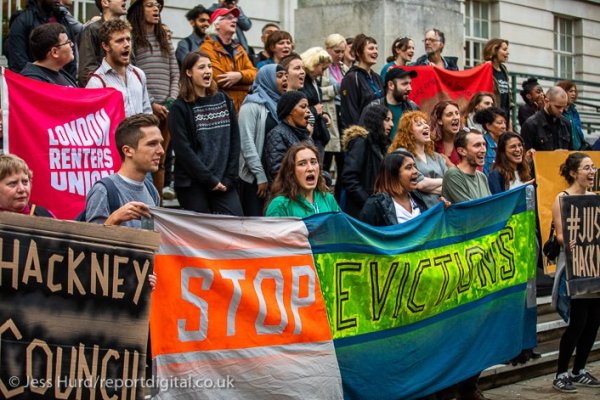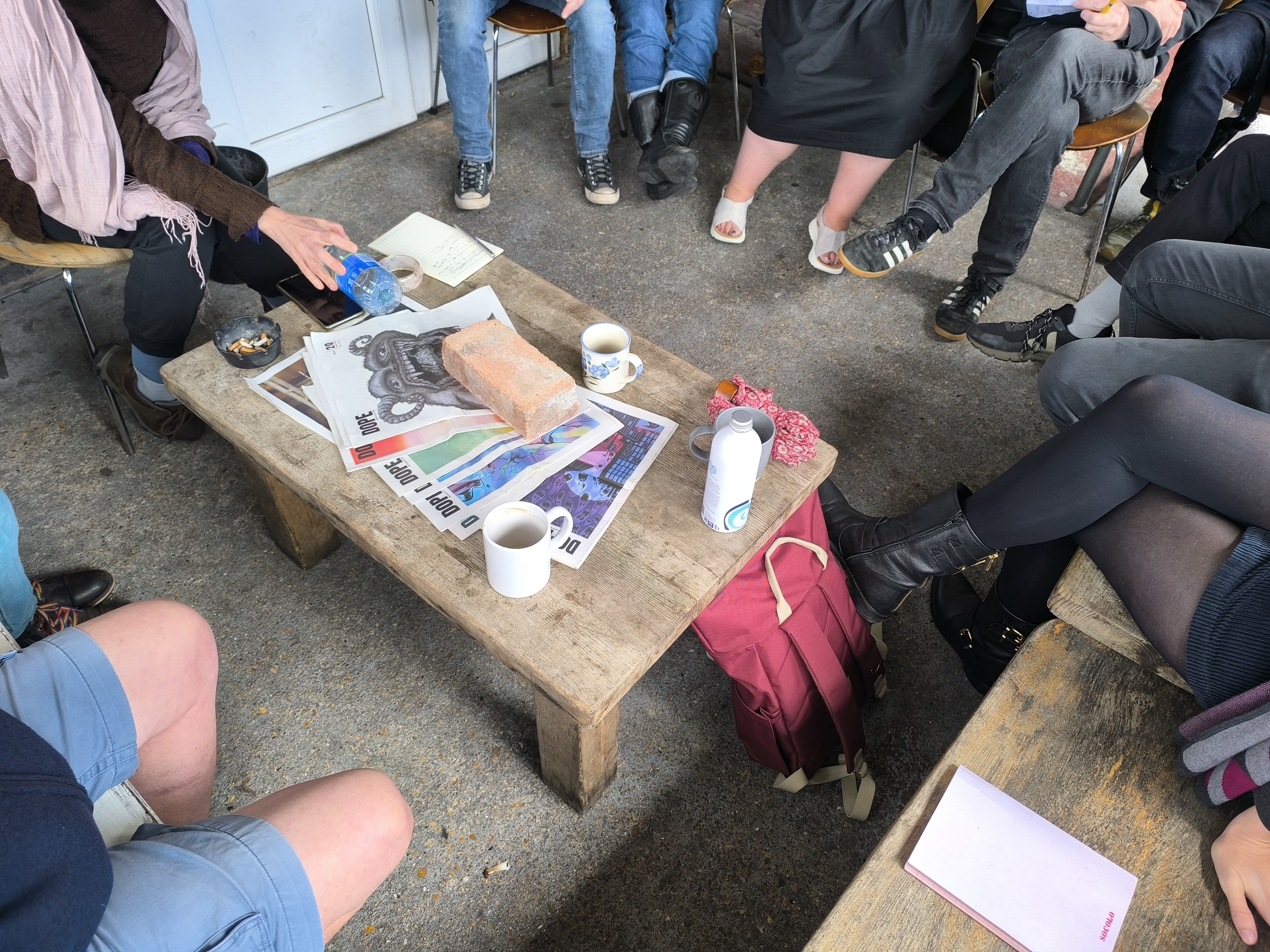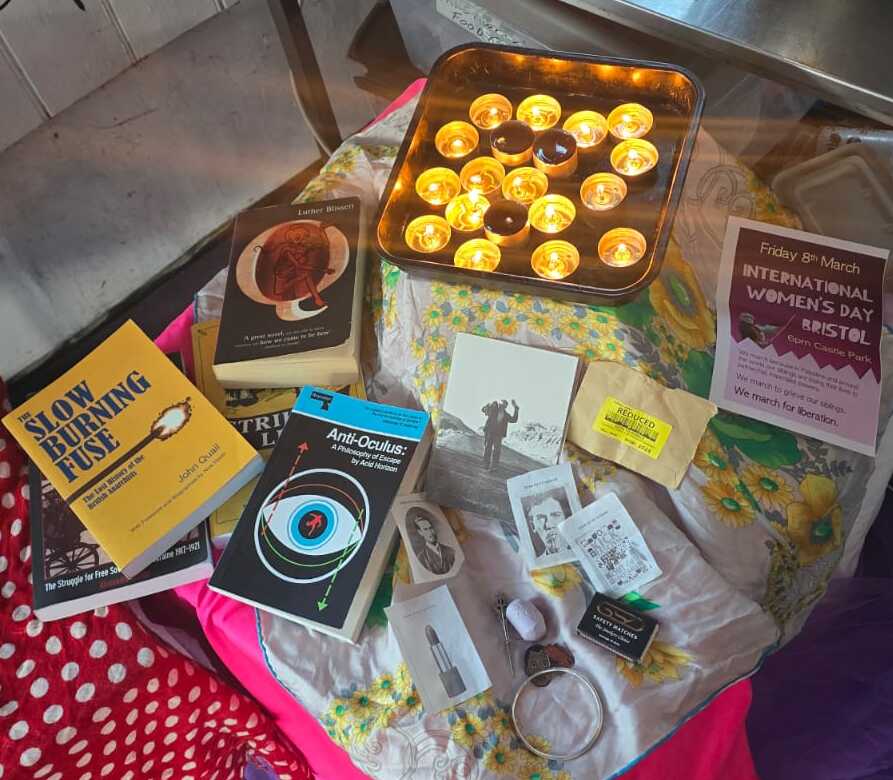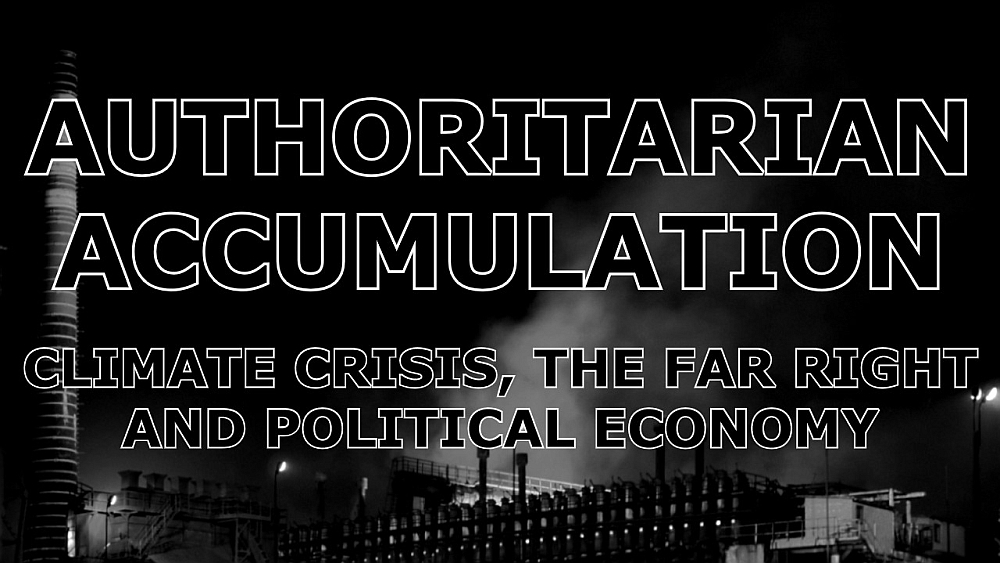Guest writer Jacob Stringer, housing and social movements researcher, writes about his experiences of community organising.
In the wake of an unexpectedly savage general election defeat for the most left wing Labour Party manifesto in a generation, many people are asking ‘what next?’. Along with new leadership for the party and yet another round of analysis of the Brexit divides, commentators are citing community organising as a potential way forward for the radical left. References to Jane McAlevey’s organising model have been spotted doing the rounds on Twitter. Organising is not mobilising, says McAlevey, it is not getting people out on the streets for a protest, or getting them to sign up to a campaign. It is talking to them face to face and standing side by side with them, going through political struggles together for collective benefit. It takes time, it is the long haul, compared to the brief, frantic weeks of campaigning for an election.
Many people can see the advantages of this approach given the media onslaught faced by Corbyn and his left wing manifesto. For one thing, the frantic weeks of campaigning don’t appear to have worked, or certainly not well enough. Perhaps more importantly, community organising inevitably involves a process of political education. People get involved in politics outside of mainstream media frameworks and learn their politics through action rather than from newspapers or broadcast media. Sounds glorious, doesn’t it?
I’m in agreement on the benefits of deep community organising; in fact, I am involved in London Renters Union, which aims to do precisely that. I very much want to encourage all those who are leaning towards community organising, but I have some words of caution, not in order to put people off, but in order to make clear how much would have to change if we really want to take this path. There is community organising and community organising, and there are ways it works and ways it doesn’t. There is, too, a difficult tension around resources that should be stared in its beady eye before we commit ourselves.
Deep organising requires organisers to meet and build relationships with a lot of people, both in their individual capacity and in their capacities as leaders of local organisations. It also means selecting people to work with who are up for a battle, and spending a lot of time with them to build their capacity to fight for themselves and draw other people into the fight. This is amazing work to do but it is incredibly time consuming. To be clear, if you were to engage in this type of work outside of a full time job, you would likely spend every waking moment of your day doing it. It’s all about relationships, and relationships take time. If you’re raising a family while also working, this is going to be hard. Even if you’re not, attempting to do deep organising will change your entire life. It is what you will spend your time doing.
In the end you always hit limits. Community organising is slow work, and if you’re doing it between other commitments you will be able to go so far and no further. London Renters Union, like many organisations before it, has decided to pay organisers. If we want community organising at scale, it is difficult to see a way around the need for paid organisers. A few people may truly be able to sacrifice enough of their time to do deep organising. Most people won’t. There’s nothing wrong with paid organisers as a solution, but it immediately raises very big questions, starting with, who organises the organisers?
Or perhaps, more immediately, who pays them? Where does the money come from? Who controls it? And who keeps the organisers on a radical course while supplying them money? These are not easy questions to answer. There are funders who are willing to pay for organisers. There aren’t many of them. To do organising at scale we will need organisations with their own money-raising capacities.
Like unions? Or parties? Sure, but haven’t we been here before? However left wing some of the membership of parties or unions might be, propagating radical left wing ideas under the guidance of their formal structures seems like an impossible task. Both Unite and Labour have employed community organisers in recent years. I applaud the effort, but doubt that, attached to such behemoths, the organisers will be able to do the radical agitating necessary. Organising is always at its best when it is oppositional – it isn’t suited to fitting in to the agendas of large organisations. At best these organisations are likely to promote mild social democracy. Labour organisers will have their own special problems in dealing with people’s justified anger at the behaviour of many Labour councils. It seems unlikely that party organisers will be the spark we need. To respond to the needs of communities, the organising organisations will need autonomy.
There is also the Citizens UK model of community organising, Alinskyite organising that aims to be ‘non-political’. Citizens London have had great success in pushing the London Living Wage. Through traditional community organising with religious groups, they have made a genuine impact. It also isn’t politically radical, and can never be radical while it retains the notion of being non-political. Of course, as soon as you start being ‘political’, many funders will fall away.
Radical organisers will need to be directed by more radical grassroots organisations. They will need to be organisations with resources, either from funders or from membership fees, or both. They will need to be highly democratic organisations not prone to capture by domesticating managers. We can do deep organising on a large scale, but it will require us to reorganise our lives. Either we will be investing large amounts of our own time in building relationships in the community, or we will be building organisations dedicated to radical political education and change that can employ people to help us build relationships.
Doing either of these two things will be difficult. Building such organisations takes time. Shepherding the resources needed is hard work. And organising will require us to change the people we relate to in our political activity; it will reconfigure the way we relate to each other. It is also, it is worth saying, a very rewarding path. Those who do it will move beyond their bubbles into a world where immediate political alignment is less frequent, but a sense of community can be built amidst the daily struggles.
I’d love it if everyone reading this became a community organiser or built an organisation to employ organisers, but I thought it worth laying out what is necessary for that to happen. In my experience, you need to organise your life to make organising your goal. It isn’t something to tack onto your other political projects, or something to do every now and then when it fits into your life. It’s about relationships, remember? Lots and lots of relationships. It’s all or nothing. But then, the stakes are high. Right now we’re all feeling exactly how high. I hope that’s enough to motivate us to organise our lives to organise.





